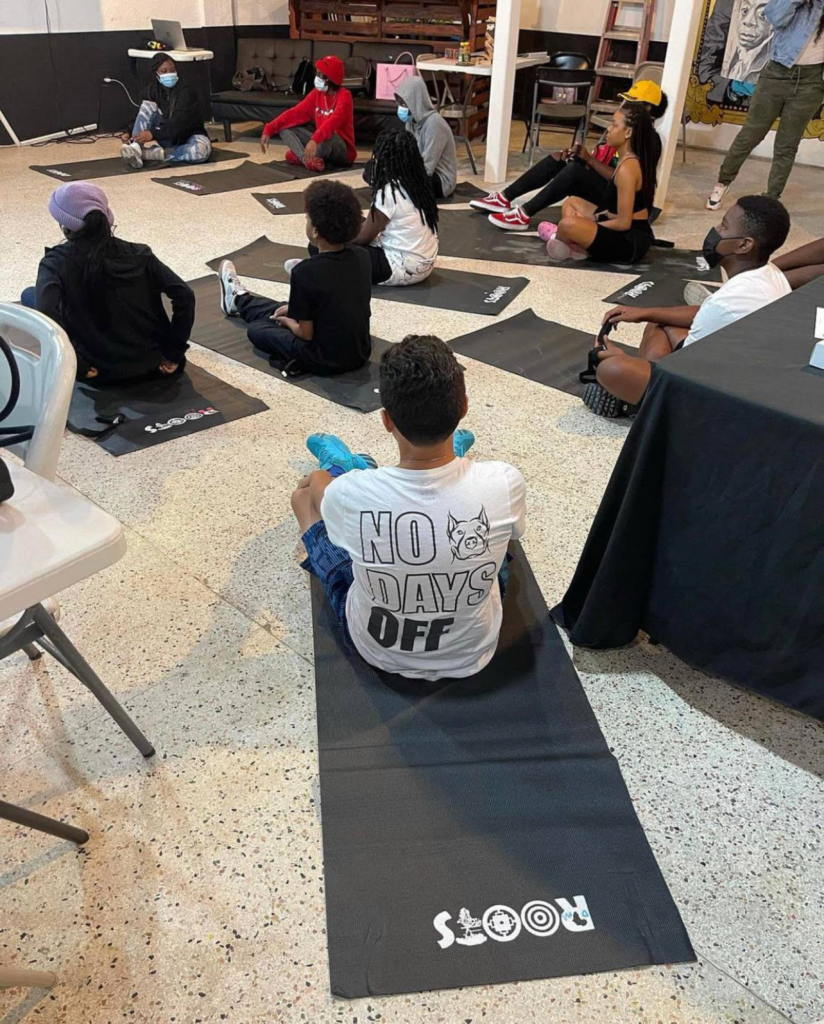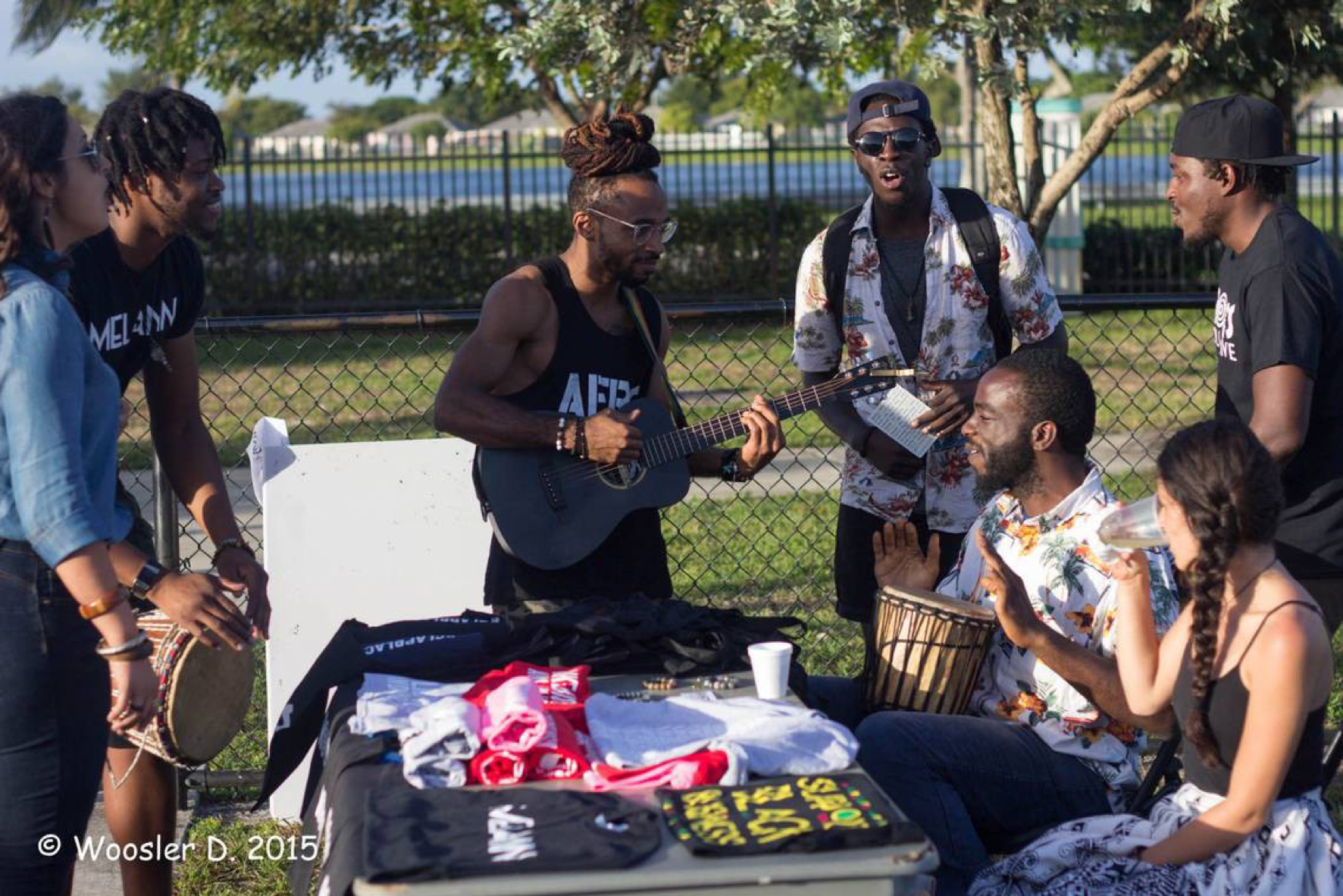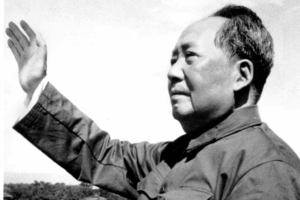When Danny Agnew and his co-founders set out to create Roots Collective in 2014, their goal was to help build and grow Black-owned businesses from within, lifting communities up.
“The idea was to help grow these businesses so we can begin to support ourselves and our communities. If you look at things that help a neighborhood flourish, it is things like parks, it is local businesses, it’s healthy food. And so we wanted to create a space for all these things to coexist so we can begin to build our communities from within,” said Agnew, a community activist and social entrepreneur who founded Roots Collective with Isaiah Thomas, James Mungin and Dantrail Felton.
They developed several businesses under the Roots Collective umbrella including a clothing line centered on Black identity and a full-service printing company. At 5525 NW Seventh Ave. in Liberty City, they run the Roots Collective Black House, a community gathering space that also offers affordable rental space for businesses.
Marketplace showcases Black small businesses
In 2015, they launched a monthly and later bi-monthly Roots Black Marketplace that moved around the Miami area over the years and showcased Black small business vendors.
None of this has changed, but with the steep job losses caused by the pandemic crisis, there was now even more urgency to the nonprofit’s economic mission in some of Miami-Dade’s most impoverished areas.
As COVID spread, Roots Collective turned inward to help take care of the most basic human needs, including partnering with Village Free(dge) to host a community refrigerator near the Black House. Roots is now creating a vertical community garden that will help supply the community fridge.
“Now, every morning, we feed over 100 individuals, everybody. It’s grown to a point where we need more space, but as we’re pointing out to people all the time, we don’t want to have this exist forever,” said Agnew, who grew up in a poor neighborhood of Chicago and spent time incarcerated in his teens before turning his life around. He is a founding member of the Dream Defenders movement that mobilized after the killing of Trayvon Martin in 2012.
Summer camp for kids to learn life skills
Youth programming has always been a big part of Roots’ work in Liberty City, Miami Gardens, Opa-locka, Little Haiti and Overtown. This past summer, 30 youths took part in Roots’ six-week summer camp where they learned life skills, healthy habits, yoga and more, Agnew said.
“We teach them how to use [Adobe] Photoshop and we print some free shirts that they can sell to their networks and so they learn how to be entrepreneurs and create something from scratch,” Agnew said.

Roots also has after-school programs in the winter and spring for the youth. “A lot of them don’t really know where they want to be in five years, 10 years, so we are trying to set examples of what are different industries that you can do without necessarily having to go to college or leave town,” said Agnew.
For small businesses, Roots Collective is ramping up to relaunch an expanded version of its Black Marketplace in January. It will be every other Sunday at “the Butterfly Garden,” a lot the city gifted to the organization at Northwest 54th Street and Sixth Place. The open-air location will have a festival-like atmosphere, with a DJ host and a kids’ section with a bounce house, face painting and popcorn machines.
Even before the pandemic, Roots kept marketplace vendor fees low – just $25. But with the relaunch, Roots is raising donor funding so that Black businesses can exhibit their wares for free. Agnew also hopes that service business will showcase what they do. “Chiropractors, photographers, lawyers, doctors, we want all of these individuals to come out. We have resources within our community so we can help ourselves.”
Another new feature of the Black Marketplace actually dates back to 6000 BC: bartering. “We’re playing with this idea because capital is very difficult for a lot of these small businesses so we are trying to eliminate that idea that you always need to have money to be successful.”
Natasha Archer, owner of Ivy Candle, has been selling her aromatic homemade candles made from soy wax at the Roots Black Marketplace as well as online at Ivycandleco.com. In addition to giving small businesses a platform to showcase their products, Roots Collective also brings the community together, she said. “It’s a place where you can mingle, you can socialize, you can help each other out.”
How to help
Roots Collective welcomes donations for its work — email rootsblackhouse@gmail.com. You can also support Black businesses by shopping on the Roots Collective website or at the Roots Black Marketplace when it reopens in January. More information: rootscollectivemarket.org




